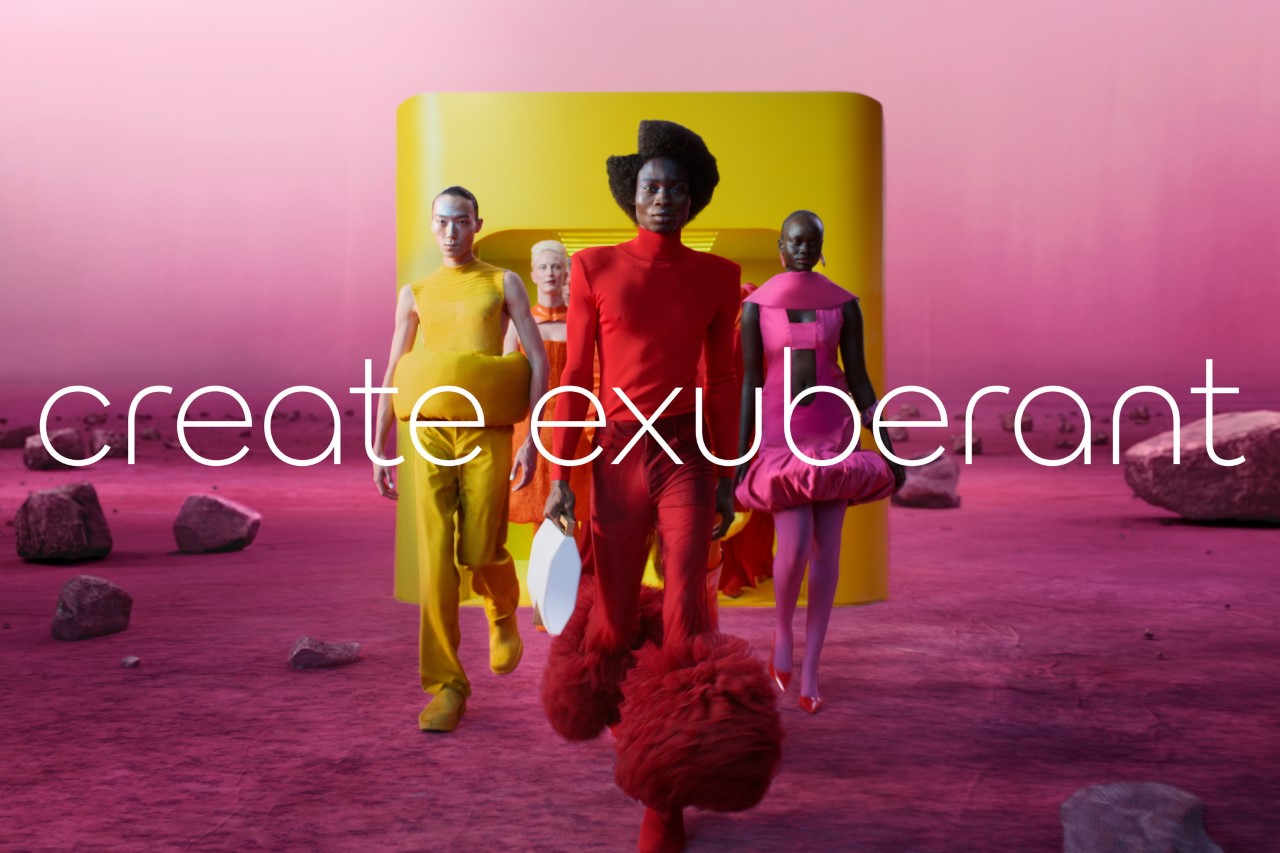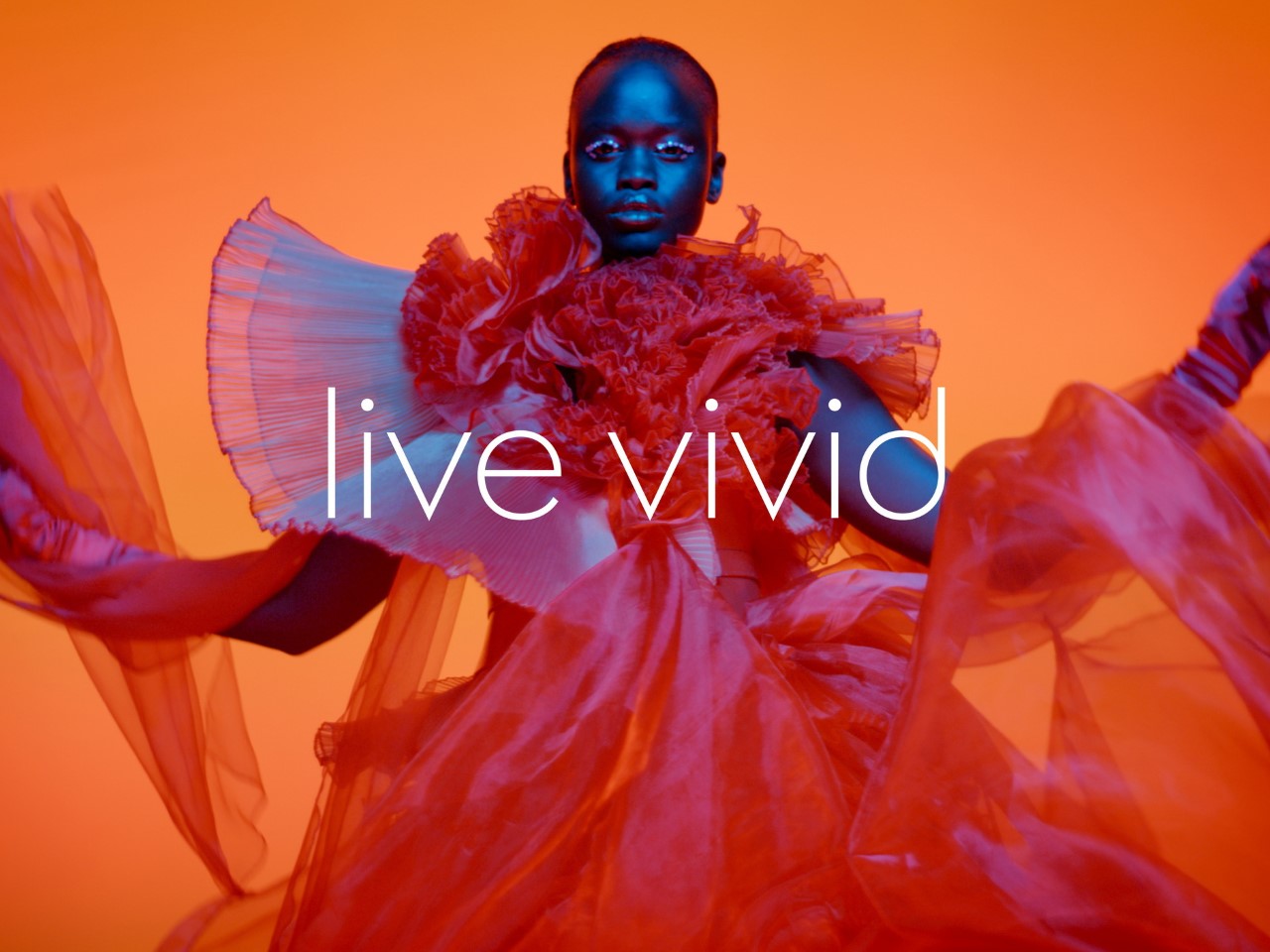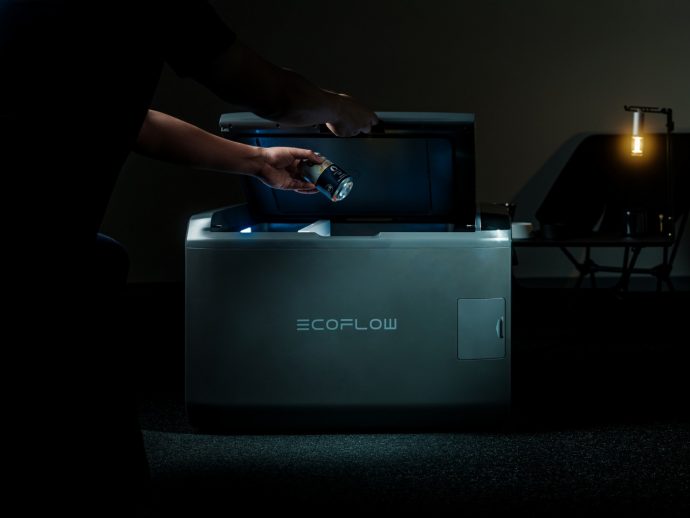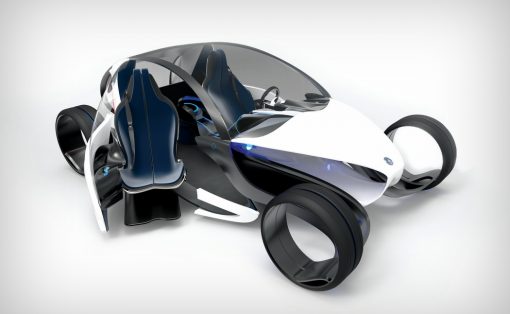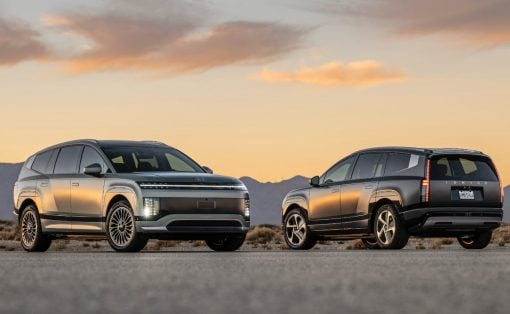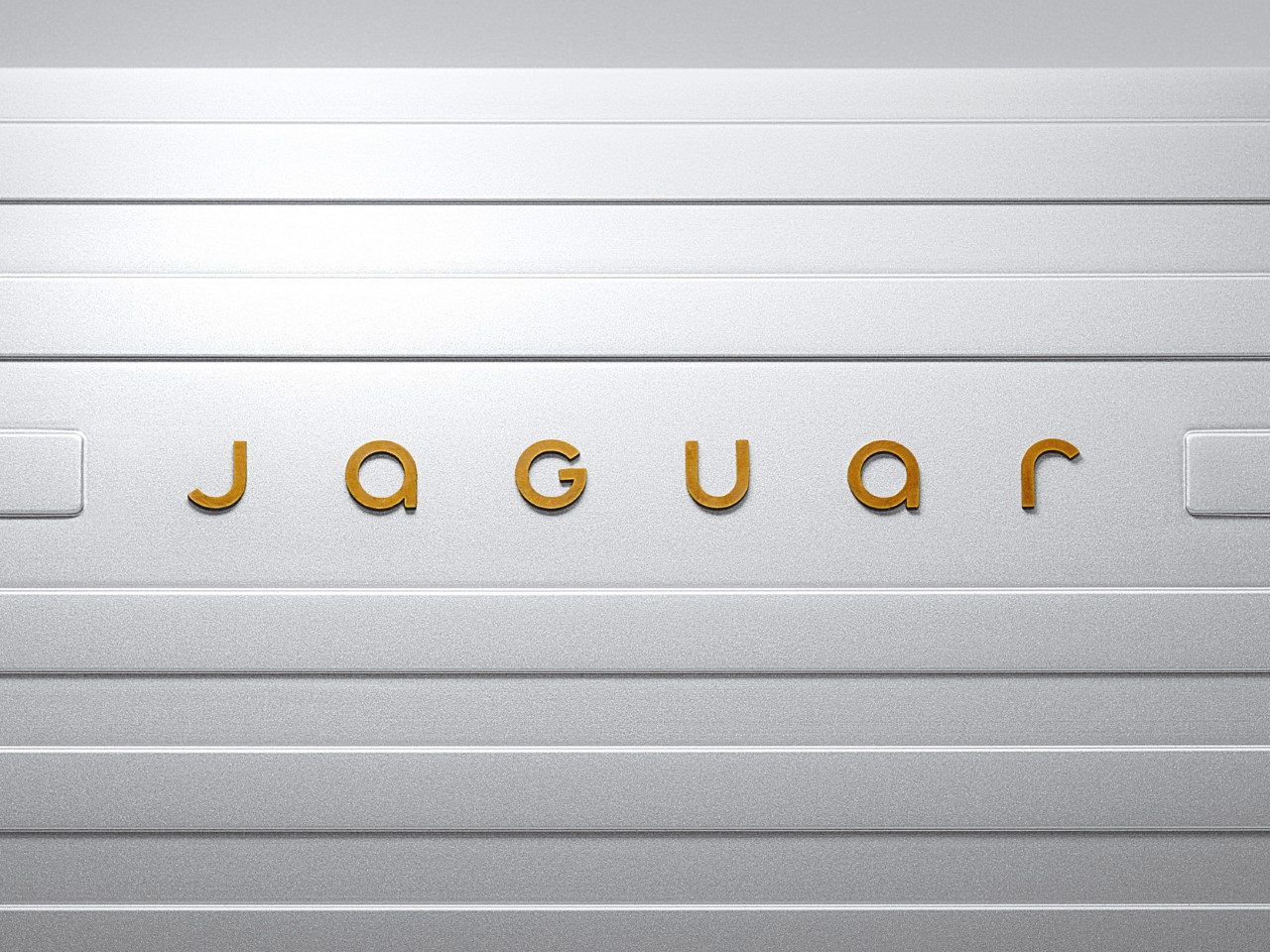
The new logotype, which looks indistinguishable from the Motorola font, makes the Jaguar feel ‘toothless’.
I didn’t have a Jaguar rebrand in my 2024 bingo cards, but honestly, this year has been curveball after curveball, hasn’t it? The British luxury automobile brand just unveiled its rebranding, characterized by 4 new elements that make up Jaguar’s fresh look to usher in its EV-only push. The new branding orbits around four meticulously designed elements.
First is the “Device Mark,” a logo stripped of excess yet bold in its restraint. Its symmetry hints at balance—a nod, perhaps, to the duality of tradition and innovation Jaguar aims to master. Then there’s the “Strikethrough,” a graphic motif that almost slices through the air with modernity, destined to carve a permanent space in Jaguar’s visual lexicon. The “Exuberant Colors” go even further, injecting vibrancy and connecting the brand to the artistic world. Finally, the “Makers Marks”—a duo of the traditional leaper emblem and a sleek monogram—grounds the brand in its storied history while letting its typography flirt with the contemporary.
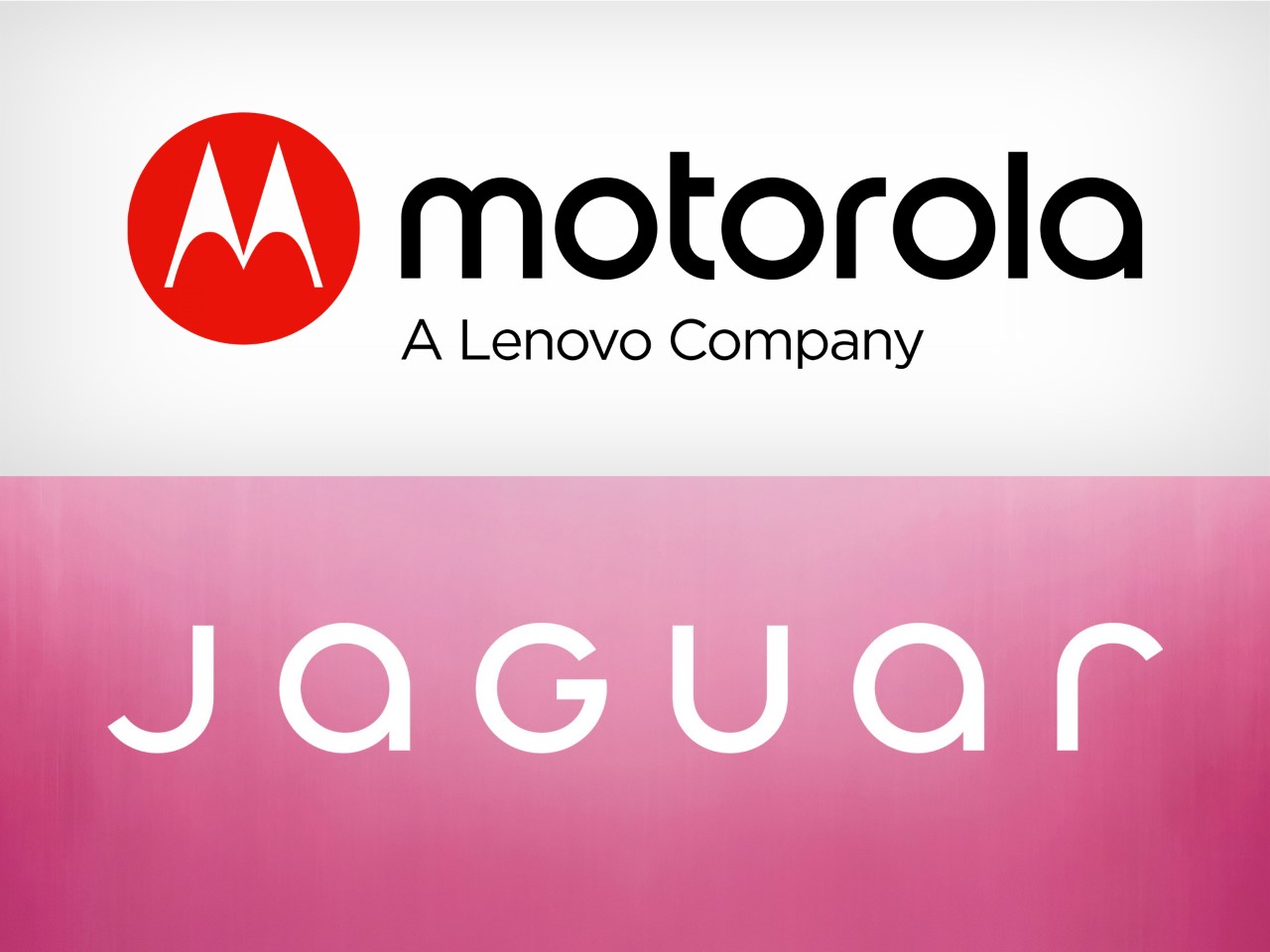
Jaguar’s Chief Creative Officer, Professor Gerry McGovern, frames this shift as a reclamation of identity. This is a reimagining that recaptures the essence of Jaguar, returning it to the values that once made it so loved, but making it relevant for a contemporary audience,” he says. The implication (given the assets shared by Jaguar) hints at the company viewing themselves as less of a car brand and more of a luxury brand. The exuberant colors of the campaign imagery look like something out of a fashion magazine, which fails to address the most important part of Jaguar’s brand – its automotive part. In fact, none of the images even have a car in them, or hint at anything car-related.
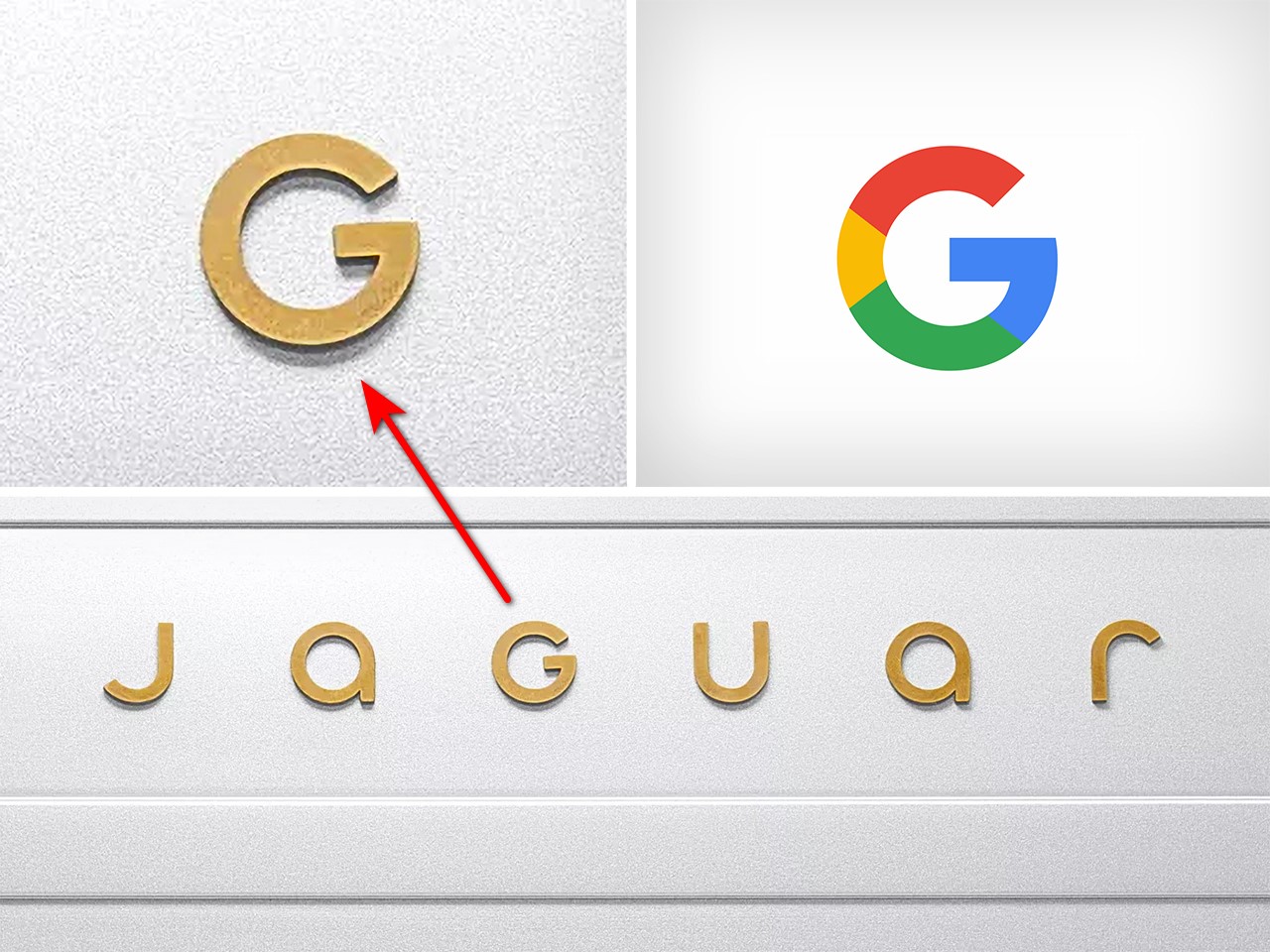
The new logotype opts for a curved, sans-serif font that ditches Jaguar’s original aesthetic entirely. It’s somewhat ironic that Jaguar brings up a quote by its founder, Sir William Lyons who said “A Jaguar should be a copy of nothing,” when the logo instantly appears generic or ‘seen before’. The Device Mark tries to create a difference by boldly eschewing the branding styles of automotive companies; but in doing so, falls into the trap of feeling familiar, and not the good kind. The font somewhat resembles the logotype of Motorola, with the Jaguar’s G looking vaguely like Google’s G.
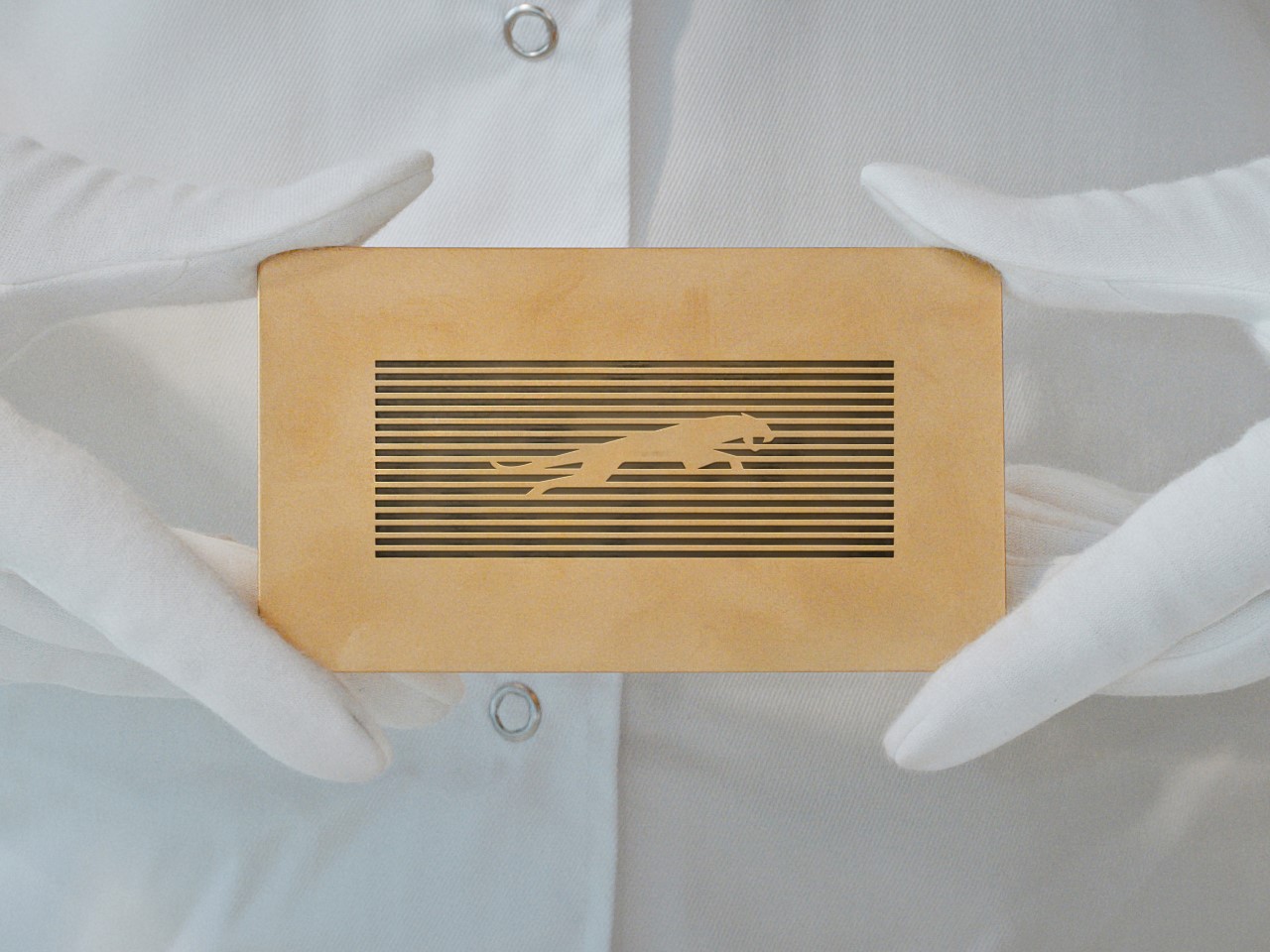
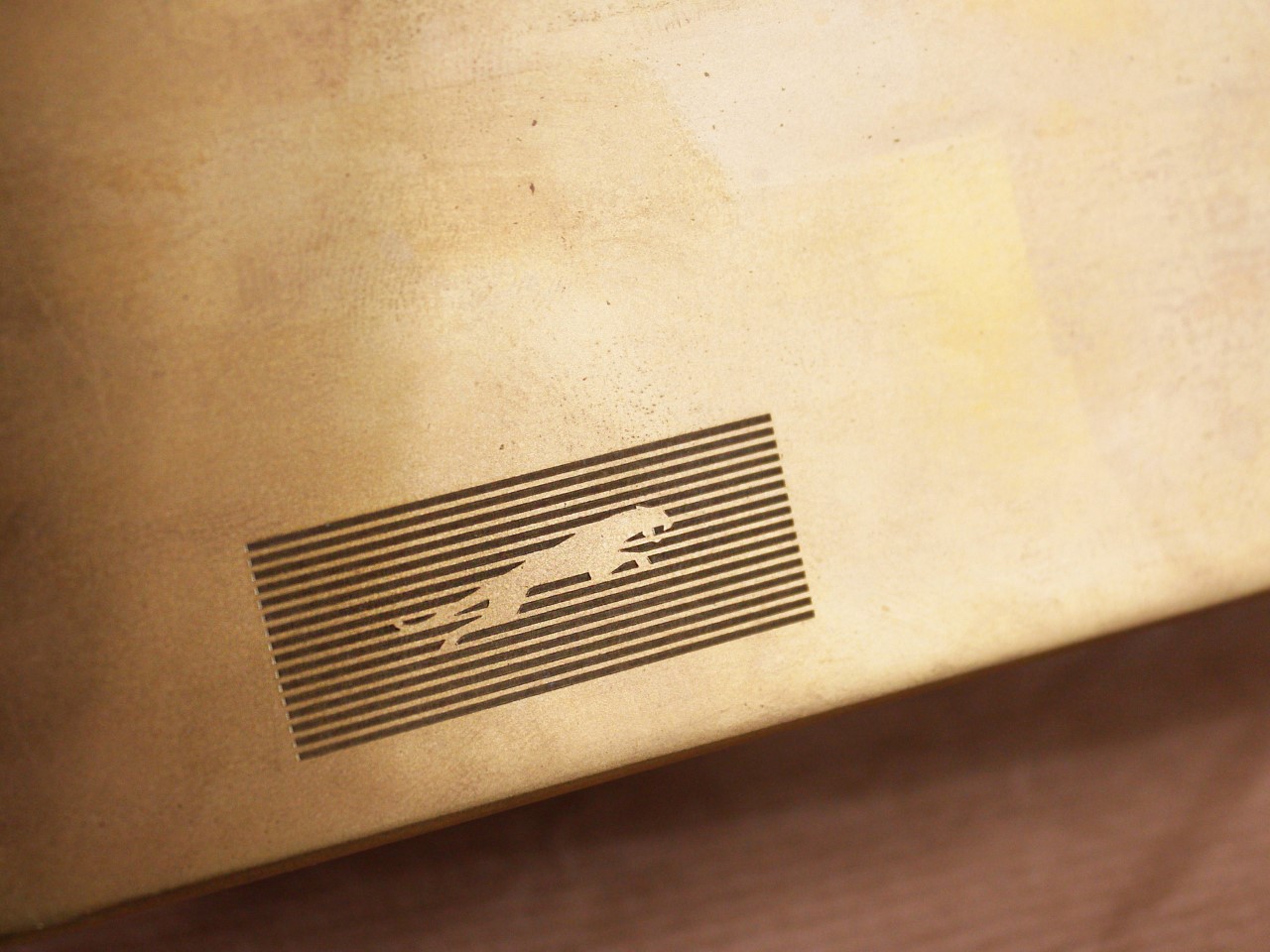
Obviously, my opinions are broadly my own, but show the logotype to someone completely new to the automotive world and they’re least likely to guess it belongs to a company that made something as ferociously fast as the F-Type. The Strikethrough gets a subtle yet significant change, however, with the jaguar being flipped to face towards the right instead of the left. A little easier to grasp as an outsider, this change does two things – it differentiates Jaguar from Puma, which both had left-facing feline logos, and secondly, it makes the jungle cat look like it’s lunging forward instead of backward. The lines of the strikethrough don’t provide much of an explanation for their presence, although they could at least bend around the Jaguar to make it look like a wind tunnel test.
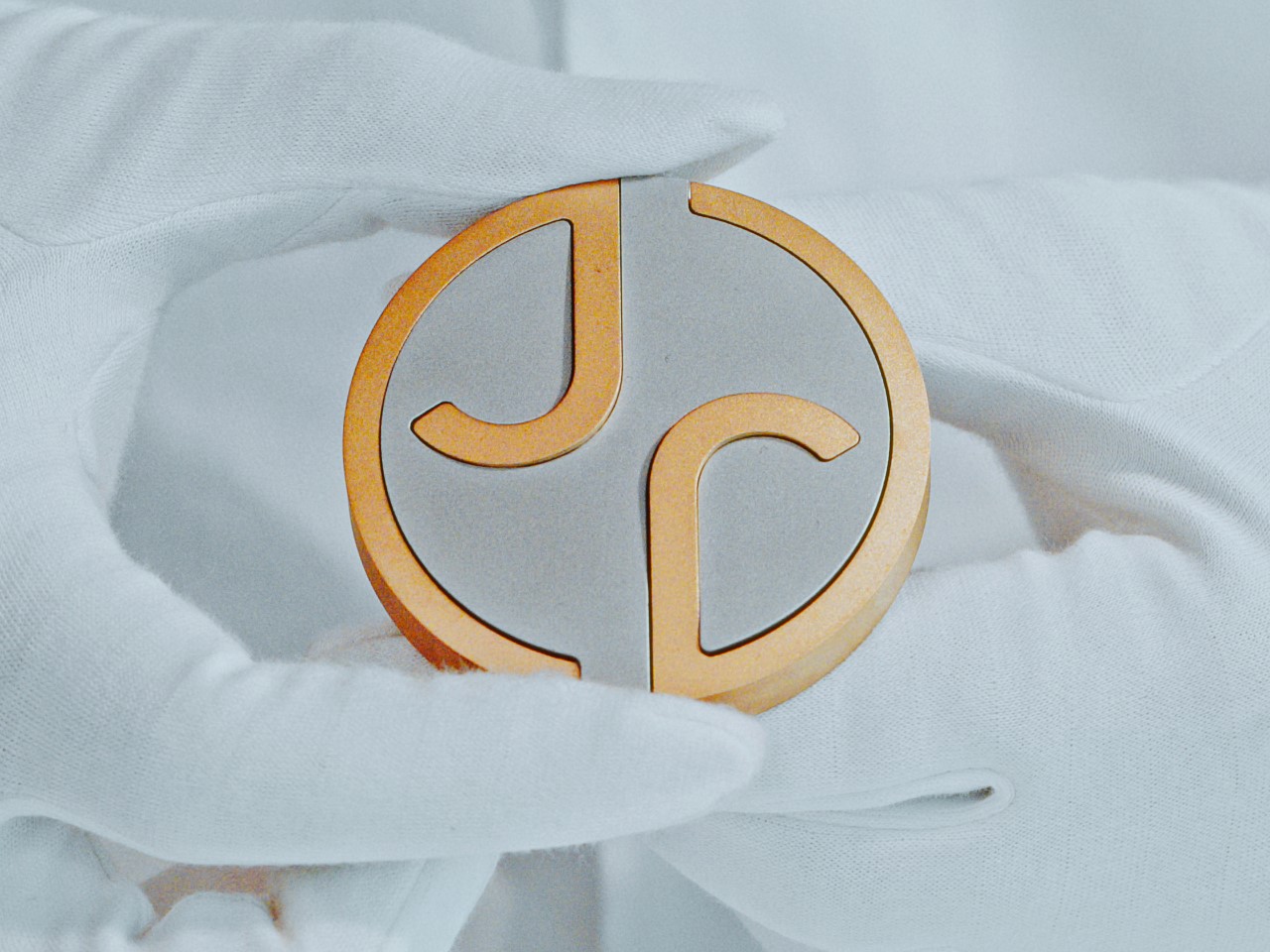
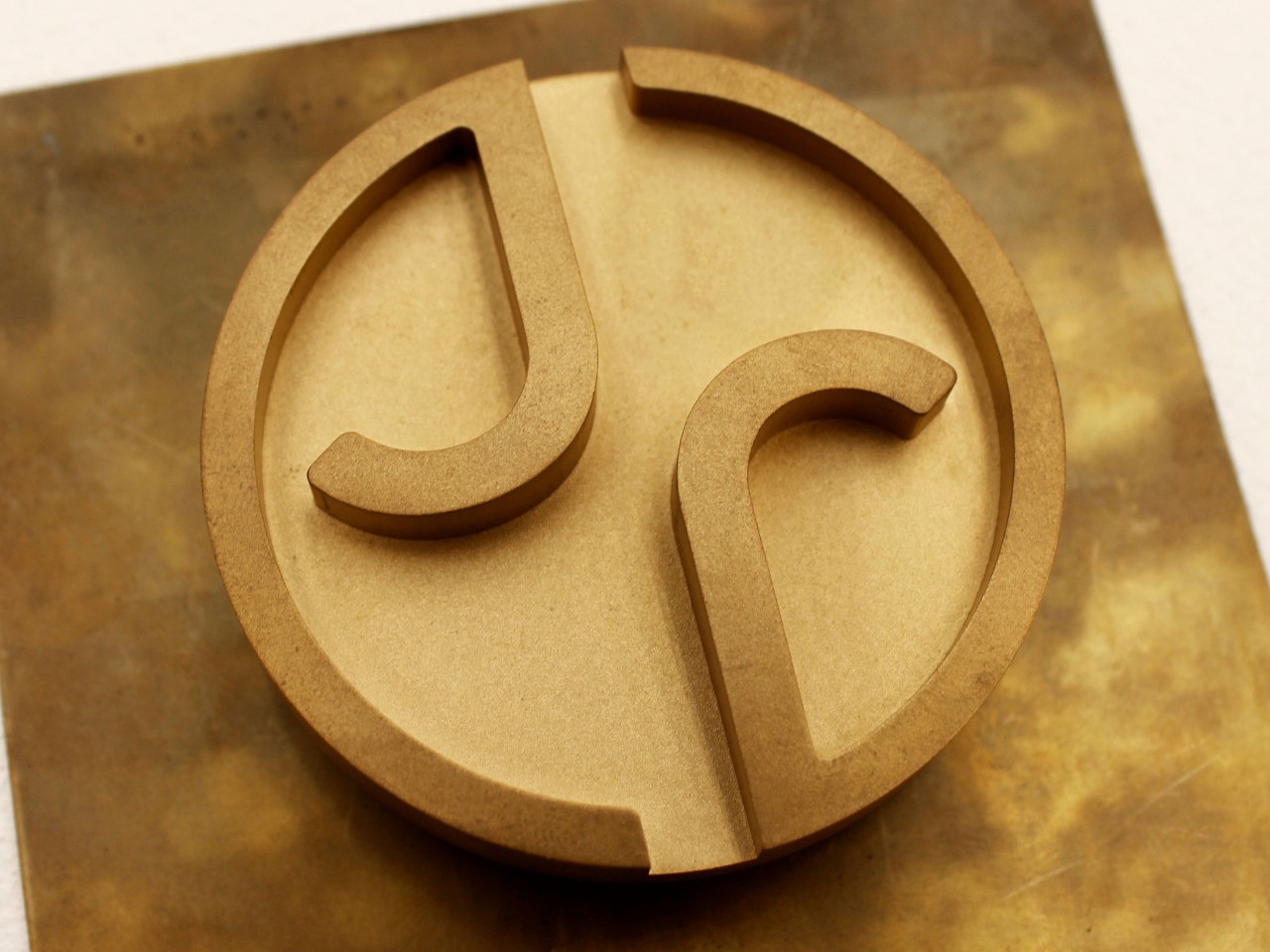
Overall, the branding feels drastic, confusing, and outright rejects everything the British marque built over the past 102 years. It isn’t like Audi’s rebrand from last week, which meaningfully announced a new collaborative EV line exclusive to its China marketplace while still retaining the four-logo identity for the global brand. This rebrand on Jaguar’s part doesn’t explain much, especially when there’s no actual context in the picture.
The car company hasn’t announced any new cars that go with the branding, making the logo and visual identity feel confusing. The Device Mark presents a strange mashup of Motorola and Google, the Strikethrough creates ‘grills’ that famously don’t feature on EVs, the Makers Mark looks appealing but lacks any context, and the Exuberant Colors (the posters shown below) have absolutely zero reference to cars at all.
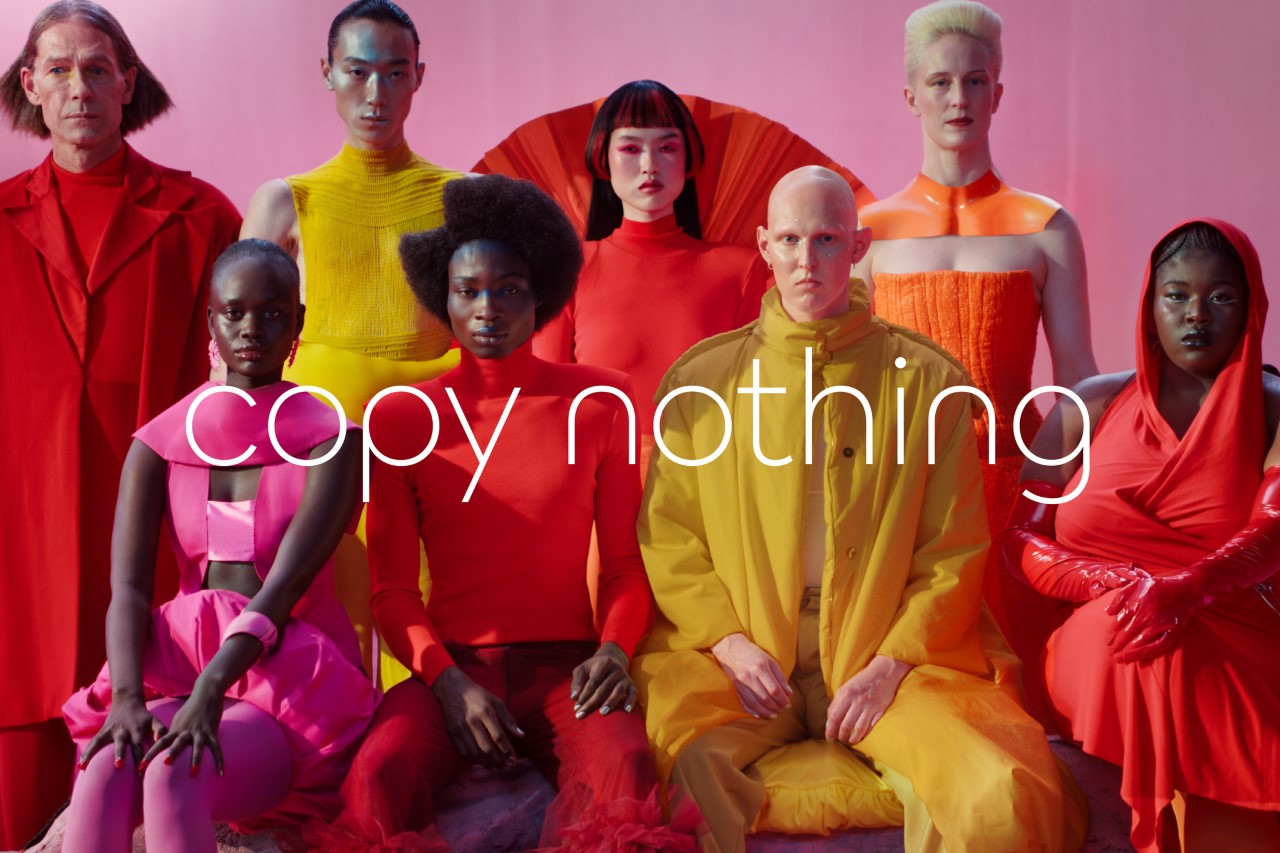
Jaguar’s campaign imagery mentions nothing about automobiles. There isn’t a car to be seen in any of the posters.
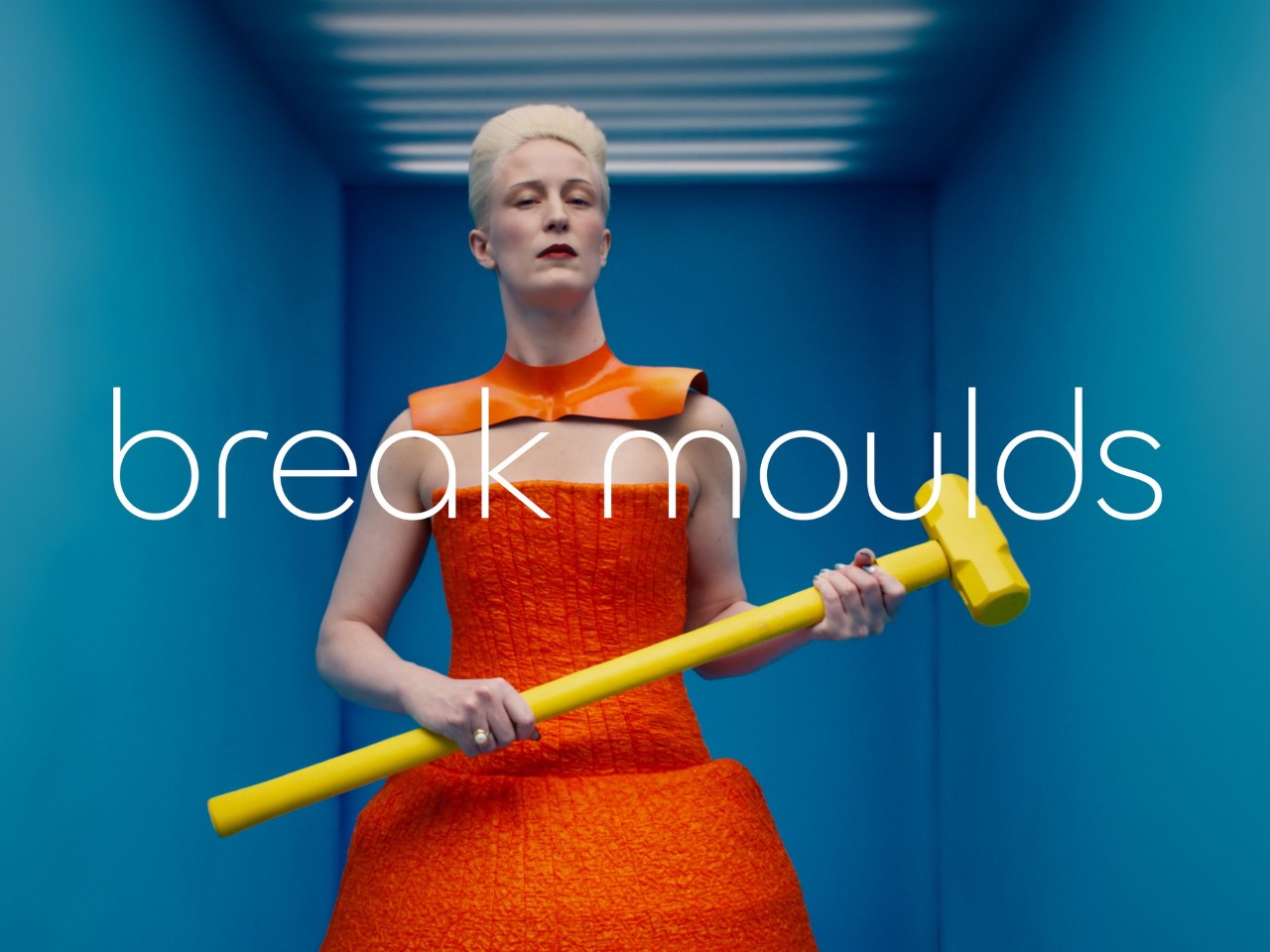
I don’t want to discount Jaguar’s efforts with its rebrand – let’s just say they probably know something I don’t. My opinions aside (even though they’re rather strong), Jaguar’s new identity comes just days before the company unveils the Jaguar Design Vision Concept – a conceptual automobile that serves as a guiding point for the carmaker’s future endeavors. With a commitment to launch a completely new slew of all-electric vehicles by the end of the decade, Jaguar is hoping the rebrand performs a ‘complete reset’ according to Managing Director Rawdon Glover.
History, at least, is on Jaguar’s side. The brand has repeatedly proven its ability to adapt and evolve, from the sleek lines of the E-Type to the modern flair of the I-PACE. This latest transformation is timed perfectly, albeit with the stakes turned up to eleven. Yet, reinvention always comes with risks. Will this new identity alienate loyalists who cherish Jaguar’s old-world charm? Can the brand authentically straddle the line between exclusivity and accessibility, artistry and practicality? These are the big questions Jaguar faces, and they’ll only be answered as its plans unfold in the years to come.
